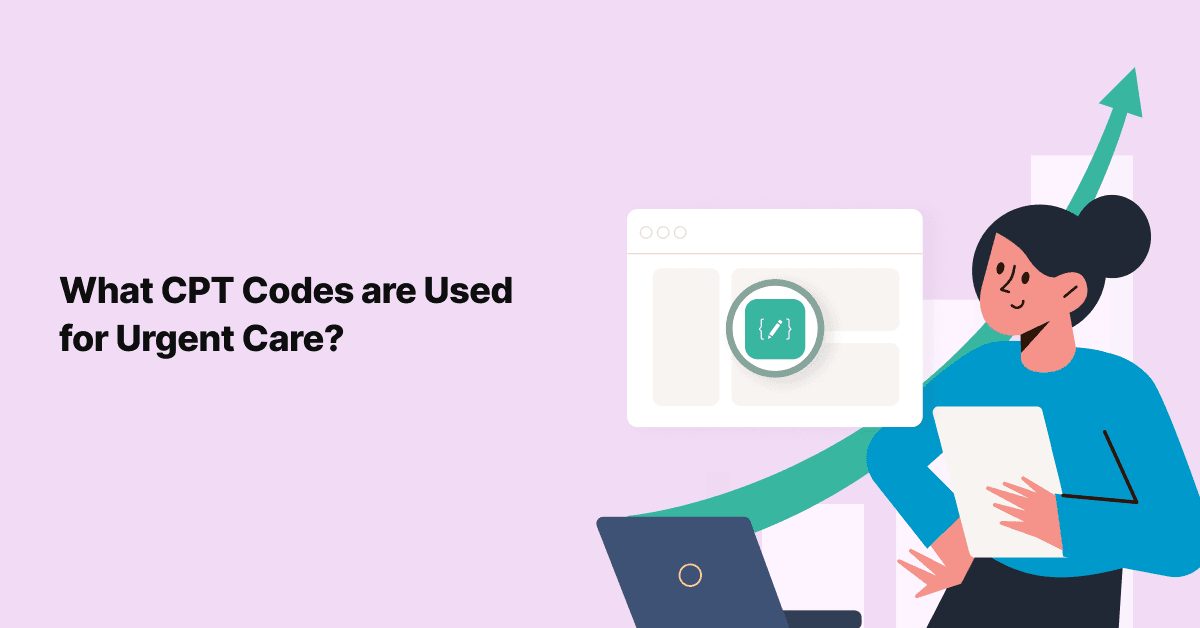
Coding and Billing for Covid-19 (Coronavirus) Lab Tests, and What’s Next
At a time when millions of people in the US are wondering about possibly getting tested for Covid-19 symptoms, …

Revenue Cycle Management (RCM) is a vital but complex process that touches every part of the medical practice. From patient scheduling and insurance billing, to collections and coding, RCM involves a wide range of tasks that must be completed accurately and efficiently in order to maximize reimbursement. For many practices, the best way to ensure optimal RCM is to outsource the process to a qualified third-party provider.
As the healthcare industry continues to evolve, more and more providers are choosing to outsource their Revenue Cycle Management. While there are many factors to consider when making this decision, there are some clear signs that RCM outsourcing is the right move for your organization.
5 Signs that indicate its time to outsource your RCM:
Not finding talented staff is one of the biggest challenges the healthcare system is facing these days, especially in the RCM sector.
One common issue is the lack of transparency around RCM costs. This can make it difficult to understand where money is being spent and how it can be better used. Additionally, many healthcare organizations are struggling to keep up with the ever-changing regulations surrounding RCM. This can lead to compliance issues and, ultimately, financial penalties.
Budget concerns can also arise when there is a lack of coordination and a lack of understanding of base tasks between different departments within a healthcare organization. This can lead to duplicate work, missed opportunities, and inefficiencies. IT infrastructure issues can also pose a challenge for healthcare organizations trying to optimize their RCM processes. Outdated systems can lead to data entry errors, lost information, and delayed insights. As the healthcare landscape continues to change, it is important for organizations to be aware of these budget challenges in order to stay ahead of the curve.
The revenue cycle management process is constantly evolving, and coding requirements are subject to change. As a result, it is essential to stay up-to-date on the latest coding guidelines. Coding errors can result in a loss of revenue for your healthcare organization. They can also cause an increase in denied claims, which can lead to delays in reimbursement.
To avoid coding errors, it is important to have a clear understanding of the new coding requirements. This will help in gaining the knowledge and skills that are necessary to code correctly and efficiently. Additionally, one should make sure to review the codes regularly to ensure accuracy. Outsourcing your RCM will ensure that all of these best practices are being followed accurately and efficiently.
Billing mistakes can happen due to a lack of knowledge about specific payers’ requirements such as National Coverage Determinations (NCDs) and Local Coverage Determinations (LCDs). When this happens, it can cause delays in payment or even outright denial. To avoid these problems, it is important to have a good understanding of each payer’s requirements and to stay up-to-date on any changes. This includes knowing what documentation is needed, what coding guidelines to follow, and what reimbursement rates to expect. By being proactive and staying informed, one can help minimize billing mistakes and improve the overall RCM success.
Missing a filing deadline can be costly, not only in terms of losing the revenue from services your organization provided, but also in terms of the time and resources you’ll need to devote to getting back on track (generally speaking, missing timely filing on one claim can often be a symptom of a larger-scale issue). An effective RCM system can help you avoid missing filing deadlines by automating coupon collection and payment processing, and by providing real-time visibility into your receivables. In addition, it can also help you improve customer satisfaction by providing faster and more efficient service.
In recent years, the RCM process has become increasingly complex, due in part to changes in government and payer regulations. As a result, many organizations are struggling to maintain a focus on RCM while also dealing with other competing priorities. Even the simplest of tasks can feel overwhelming when coupled with the myriad of items that need to be done every day. This stress and rush mentality can lead to errors and inefficiencies, which can have a major impact on an organization’s bottom line.
The Revenue Cycle Management process is designed to help medical practices run smoothly and efficiently. However, there are times when the process can break down, resulting in a build-up of unfinished tasks. This can lead to frustration for both staff and patients. Unfinished tasks can also have a negative impact on revenue, as they can prevent medical practices from billing correctly or collecting payments promptly. In extreme cases, an inability to complete daily housekeeping tasks can lead to closure of a medical practice. Therefore, it is important to take steps to prevent or resolve incomplete tasks in the Revenue Cycle Management process.
RCM outsourcing can be a wise decision for any hospital that is looking to improve its financial health and operations. There are many benefits to outsourcing RCM. For one thing, it frees up hospital staff to focus on other tasks, such as patient care. In addition, RCM outsourcing can help to improve cash flow and reduce accounts receivable levels. Furthermore, it can also lead to increased revenue and higher margins. By partnering with an experienced and reliable RCM provider, like 314e, you can rest assured that the Revenue Cycle Management is in good hands.
Join over 3,200 subscribers and keep up-to-date with the latest innovations & best practices in Healthcare IT.

At a time when millions of people in the US are wondering about possibly getting tested for Covid-19 symptoms, …

Regardless of the type of healthcare organization, the healthcare revenue cycle is critical. However, many …

Urgent care facilities offer immediate medical attention without the need for an appointment. In fact, …